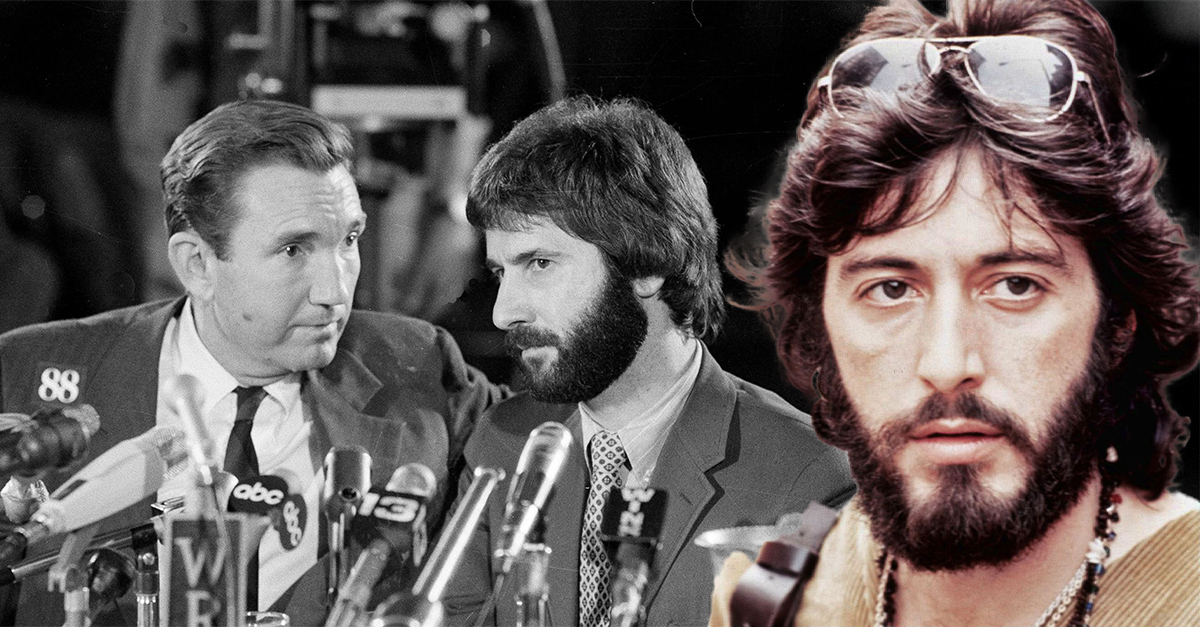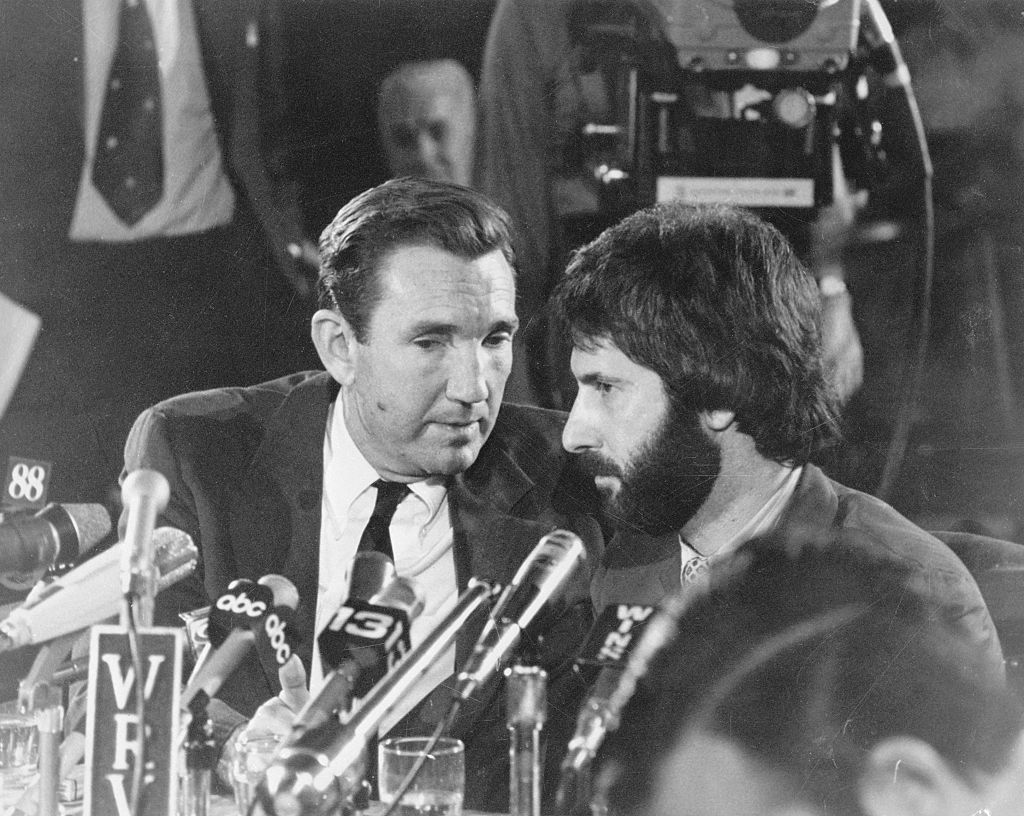Frank Serpico is one of the greatest whistleblowers in American law enforcement history. His struggle against corruption in the New York City Police Department (NYPD) exposed the roots of the system's misconduct. It also inspired a major Hollywood film. But Serpico’s fight for integrity and transparency came at a high personal cost.
A Rookie Cop With Unwavering Principles
Serpico joined the NYPD in 1959 with the honest notion to serve and protect. He quickly got a reputation as a straight arrow, a cop who refused to take bribes or turn a blind eye to corruption. This made him unpopular with many colleagues, who saw his honesty as a threat to their lucrative side hustles.
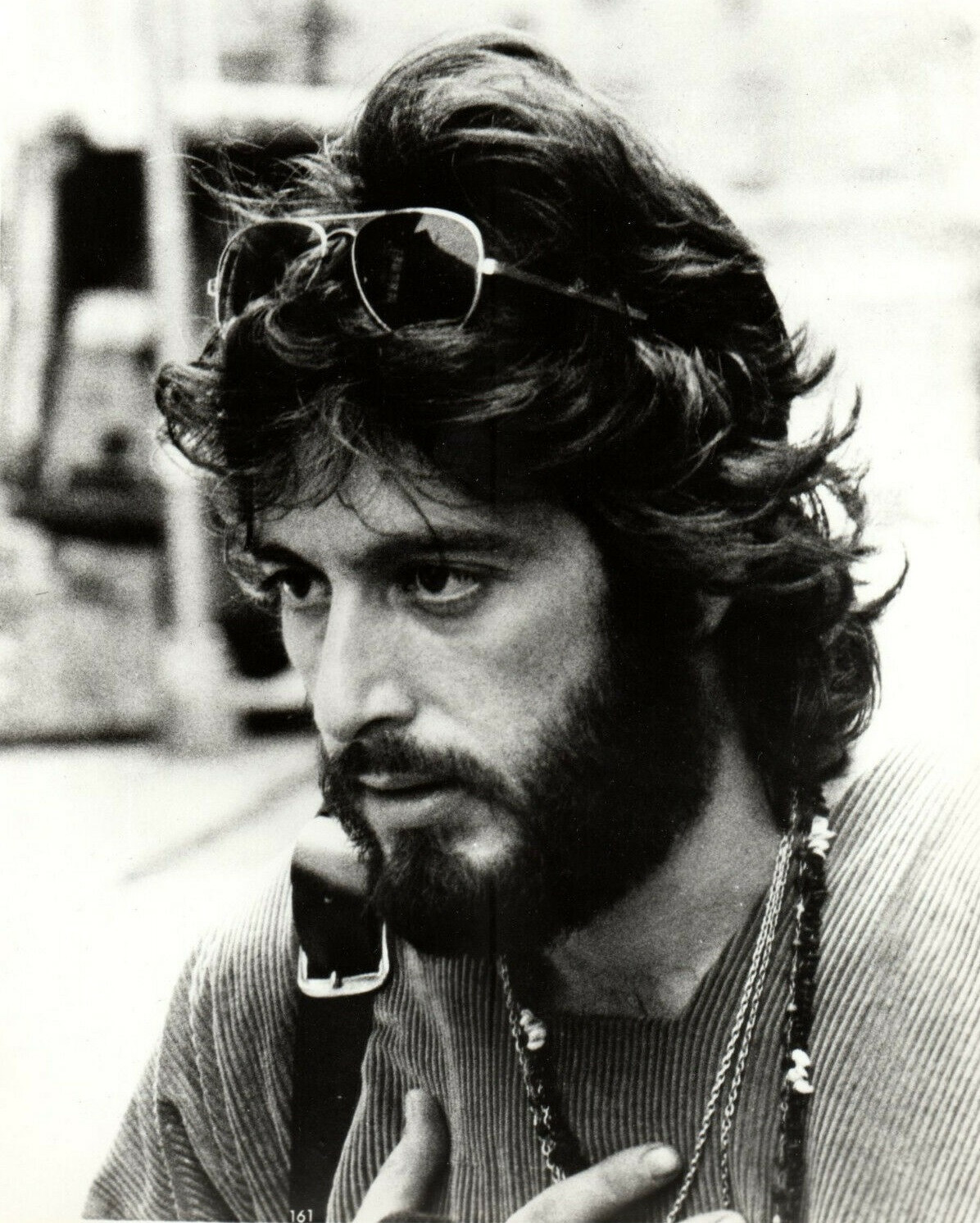 Paramount Pictures, Wikimedia Commons
Paramount Pictures, Wikimedia Commons
Widespread Corruption In The NYPD
In the 1960s and 1970s, the NYPD was rife with corruption. Officers routinely accepted payoffs from criminals in exchange for protection or overlooking illegal activities. Gambling dens, drug dealers, and even prostitution rings thrived under police “protection”. Some officers would also shake down businesses for “protection money” or pocket seized cash from drug busts.
The Blue Wall Of Silence
Serpico’s refusal to take bribes isolated him within the department. His attempts to report corruption internally were met with hostility and indifference. The “Blue Wall of Silence”, an unwritten code that discouraged officers from reporting on one another made it hard for honest cops to speak out without facing retribution.
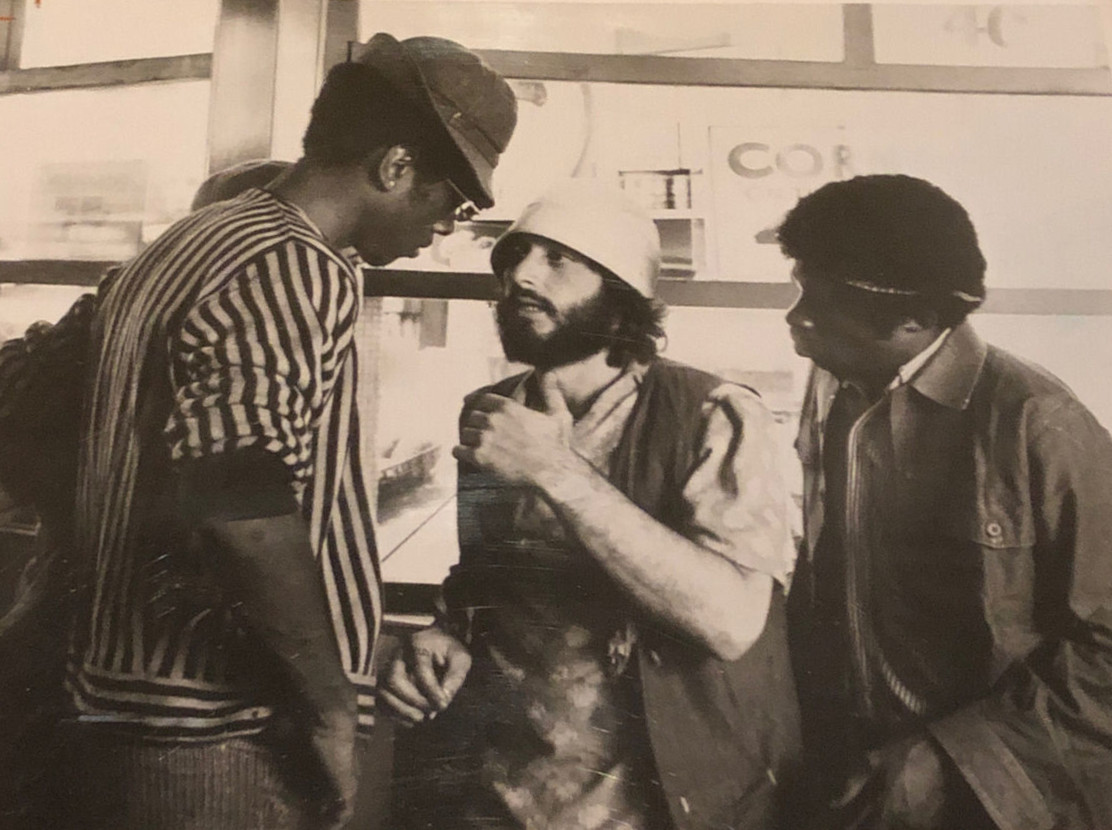 Paramount Pictures, Wikimedia Commons
Paramount Pictures, Wikimedia Commons
Breaking The Silence
Frustrated by the lack of action from his superiors, Serpico went public. In 1970 he and another officer went to The New York Times, leading to a bombshell report exposing widespread corruption in the NYPD. The article shocked the public and forced New York Mayor John Lindsay to establish the Knapp Commission, tasked with investigating police corruption.
The Knapp Commission Testimony
Serpico’s testimony before the Knapp Commission in 1971 was a turning point in his career and in the history of American law enforcement. He described a culture where corruption was “tolerated, accepted, and encouraged” at nearly every level of the department. His brave testimony confirmed the depth and breadth of the NYPD’s corruption, sparking outrage and demands for reform.
The Price Of Honesty
Serpico paid a steep price for his integrity. On February 3, 1971, while responding to a drug bust in Brooklyn, Serpico was shot in the face after his fellow officers failed to back him up. Although he survived the shooting, many believe his colleagues deliberately left him vulnerable as punishment for breaking the Blue Wall of Silence.
Hollywood Takes Notice
In 1973, director Sidney Lumet released “Serpico,” a film based on Peter Maas’s biography of the same name. Al Pacino starred as Serpico, delivering a gritty, Oscar-nominated performance that captured the isolation and paranoia of an honest cop in a corrupt system. The film was a critical and commercial success. It also angered many NYPD officers, who felt it unfairly painted the force as irredeemably corrupt.
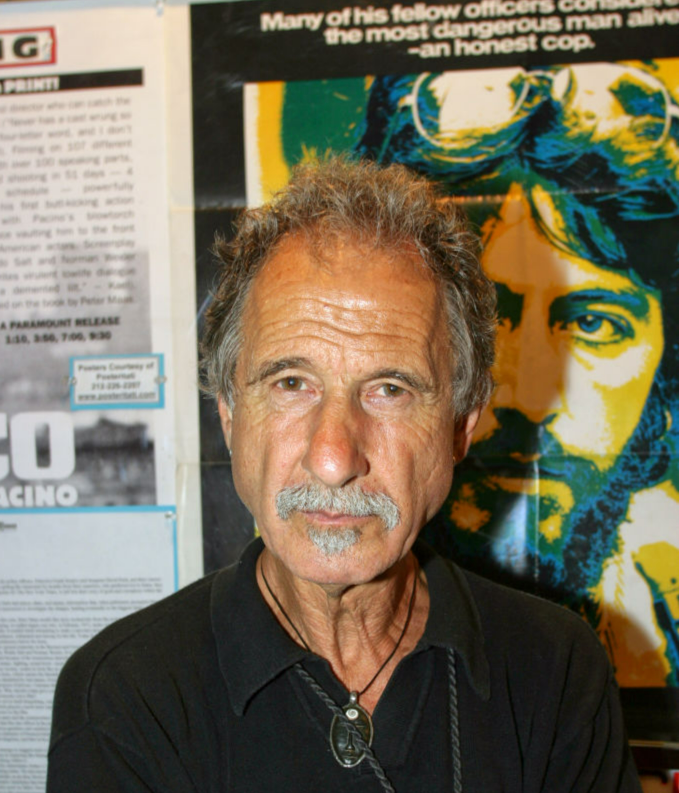 Bill Tompkins, Getty Images Entertainment
Bill Tompkins, Getty Images Entertainment
Criticism From The NYPD
While the film cemented Serpico’s legacy as a heroic whistleblower, it also deepened the divide between Serpico and his former colleagues. Many police officers saw the movie as a betrayal, claiming it exaggerated the extent of corruption and ignored the daily risks faced by most cops. Despite this, the film remains a landmark for advocates of police reform.
Life After The NYPD
After he retired from the NYPD, Serpico moved to Europe for several years to find peace and anonymity. He later returned to the US, where he has continued to advocate for police reform and civil rights. Despite the physical and emotional scars of his ordeal, Serpico is still unapologetic about his decision to speak out against police corruption.
 User:Joeyjojo86, Wikimedia Commons
User:Joeyjojo86, Wikimedia Commons

History's most fascinating stories and darkest secrets, delivered to your inbox daily.
A Legacy Of Courage And Integrity
Frank Serpico’s courageous stand against corruption changed the NYPD forever, but it came at a personal cost few would be willing to pay. The risk he took in the fight for transparency and accountability speaks to the power of one person to make a difference, even in the face of intense opposition.
You May Also Like:
Untouchable Facts About Eliot Ness, The Gangsters’ Sworn Enemy
42 Dark Facts About The Godfather

